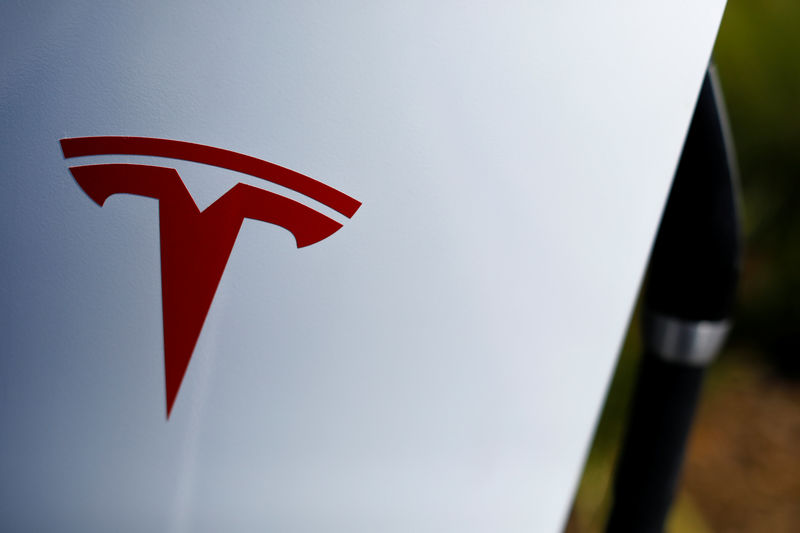By Senad Karaahmetovic
Goldman Sachs strategists urged the broker’s clients to hope for the best but plan for the worst, a lesson learned in 2022.
While the consensus sees the U.S. entering a recession in 2023, Goldman Sachs economists believe the U.S. will manage to avoid a recession. They assign only a ⅓ probability to this scenario and add that recent jobs and inflation reports are supportive of their view.
“Recent macro data point to a deceleration in wage gains and inflation. Our economists have a positive outlook for consumer spending but expect below-trend economic growth. Under a soft landing (no recession) scenario, we forecast S&P 500 EPS growth will be flat, as revenue growth is offset by a decline in margins. Consensus forecasts EPS growth of 3%,” the strategists wrote in a client note.
In case a soft landing is achieved, investors should own stocks like Tesla (NASDAQ:TSLA), Qualcomm (NASDAQ:QCOM), and Advanced Micro Devices (NASDAQ:AMD).
On a more negative note, the strategists note that the S&P 500 earnings revisions signal a hard landing for the U.S. economy.
“The current 3-month trend of S&P 500 forward EPS revision sentiment is the most negative reading outside of the 2008 and 2020 recessions. In a hard landing (recession) scenario, we forecast S&P 500 EPS will fall by 11% (vs. our baseline forecast of flat EPS and consensus of +3%),” they added.
In this case, Goldman advises its clients to own retailers like Home Depot (NYSE:HD), Lowe’s (NYSE:LOW), eBay (NASDAQ:EBAY), Costco (NASDAQ:COST), Kroger (NYSE:KR); tech names including Microsoft (NASDAQ:MSFT), Block (NYSE:SQ), Visa (NYSE:V) and Mastercard (NYSE:MA).
